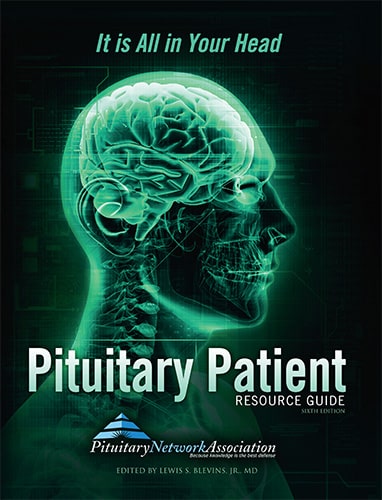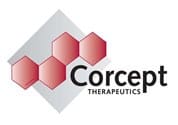Specialized cells found at the top of the nasal cavity which converts a smell detected by the olfactory hairs into tiny electrical signals.
The sense of smell is part of our chemical sensing system, or the chemosenses. Sensory cells in our nose, mouth, and throat have a role in helping us interpret smells, as well as taste flavors. Microscopic molecules released by the substances around us (foods, flowers, etc.) stimulate these sensory cells. Once the cells detect the molecules they send messages to our brains, where we identify the smell. Olfactory, or smell nerve cells, are stimulated by the odors around us–the fragrance of a gardenia or the smell of bread baking. These nerve cells are found in a small patch of tissue high inside the nose, and they connect directly to the brain. Our sense of smell is also influenced by something called the common chemical sense. This sense involves nerve endings in our eyes, nose, mouth, and throat, especially those on moist surfaces. Beyond smell and taste, these nerve endings help us sense the feelings stimulated by different substances, such as the eye-watering potency of an onion or the refreshing cool of peppermint.






